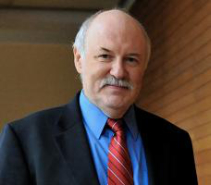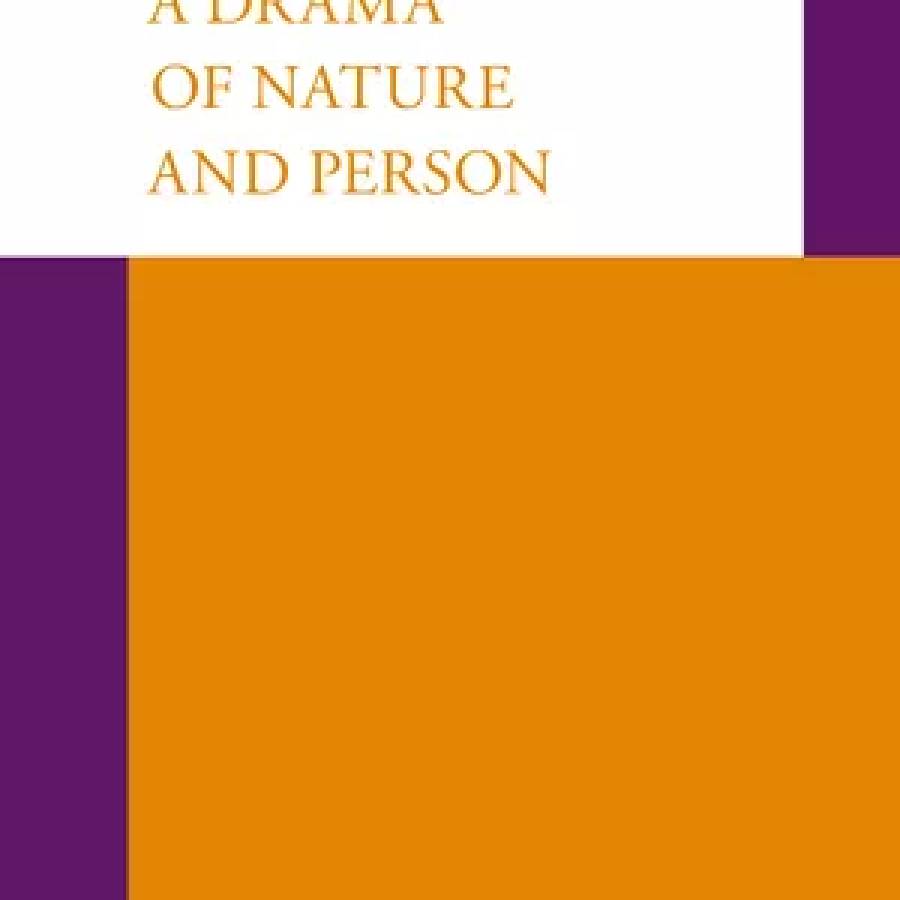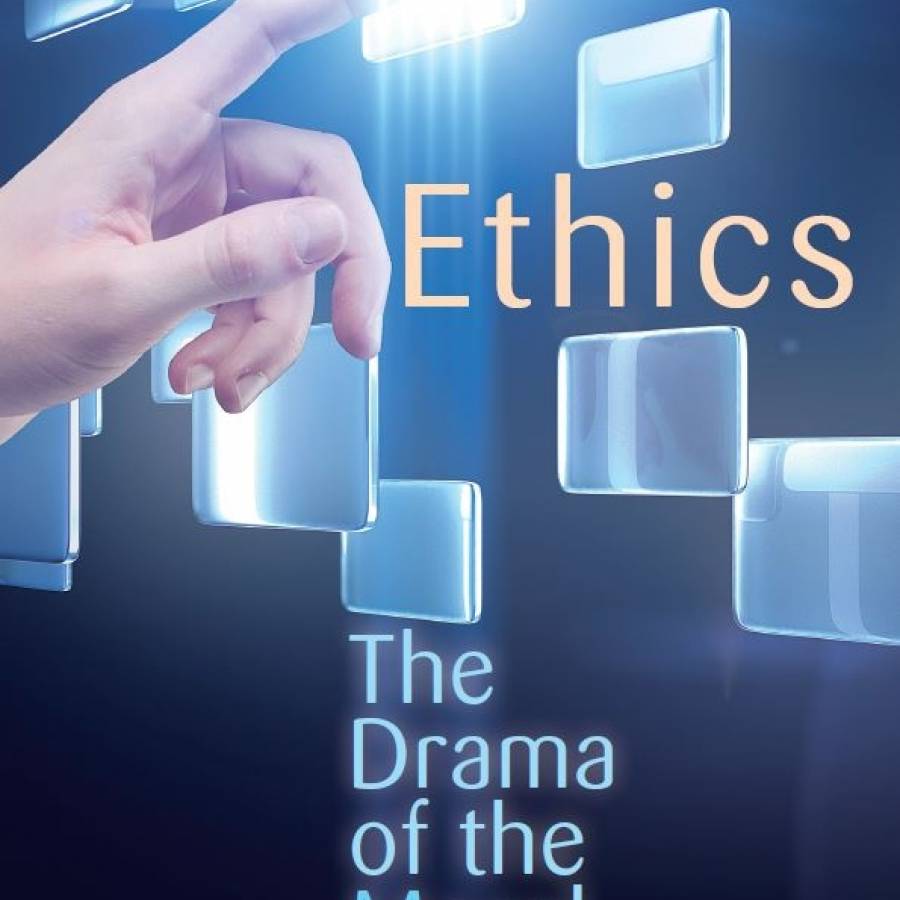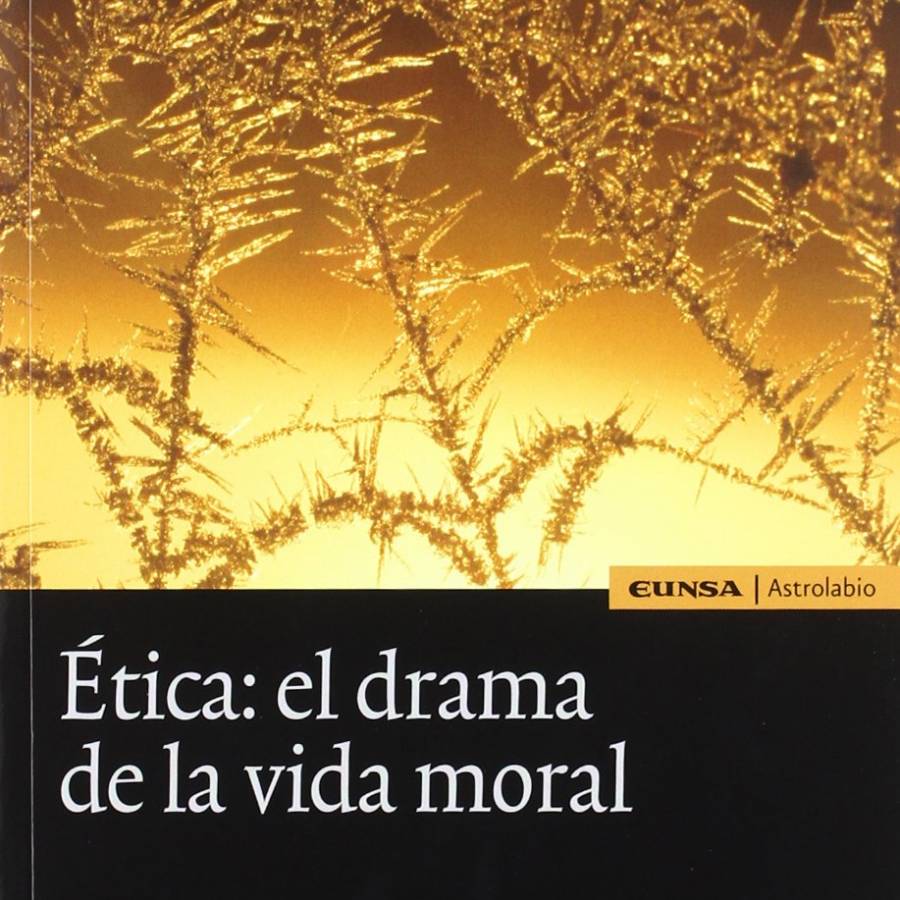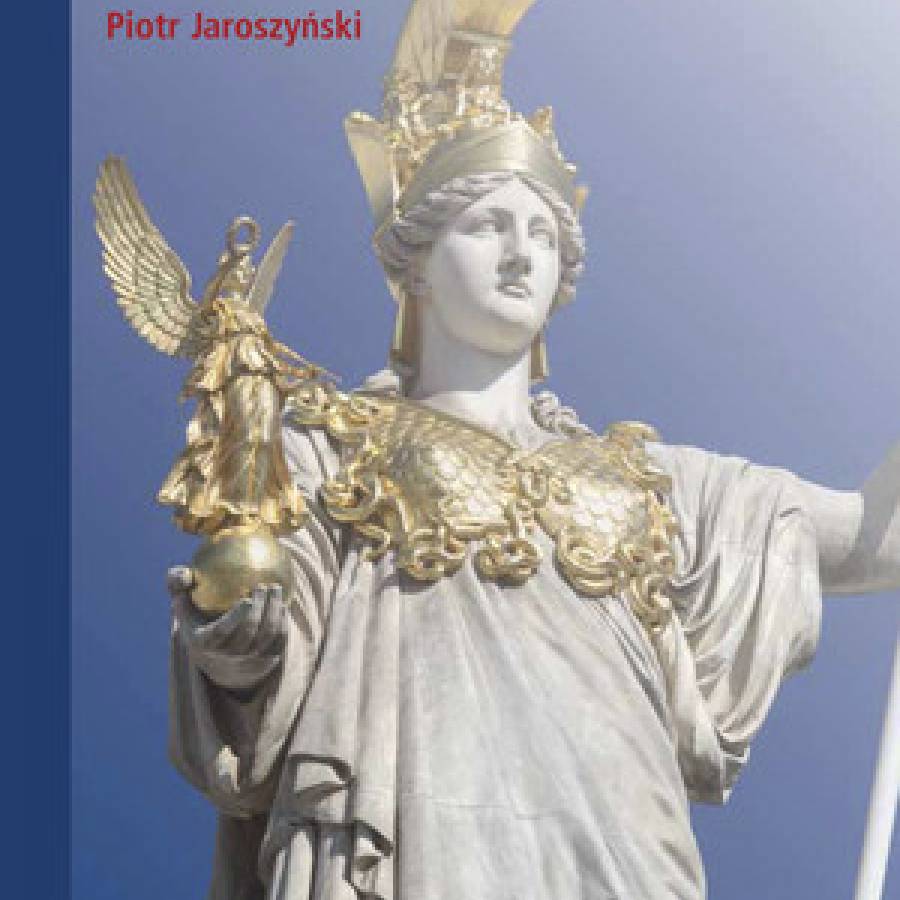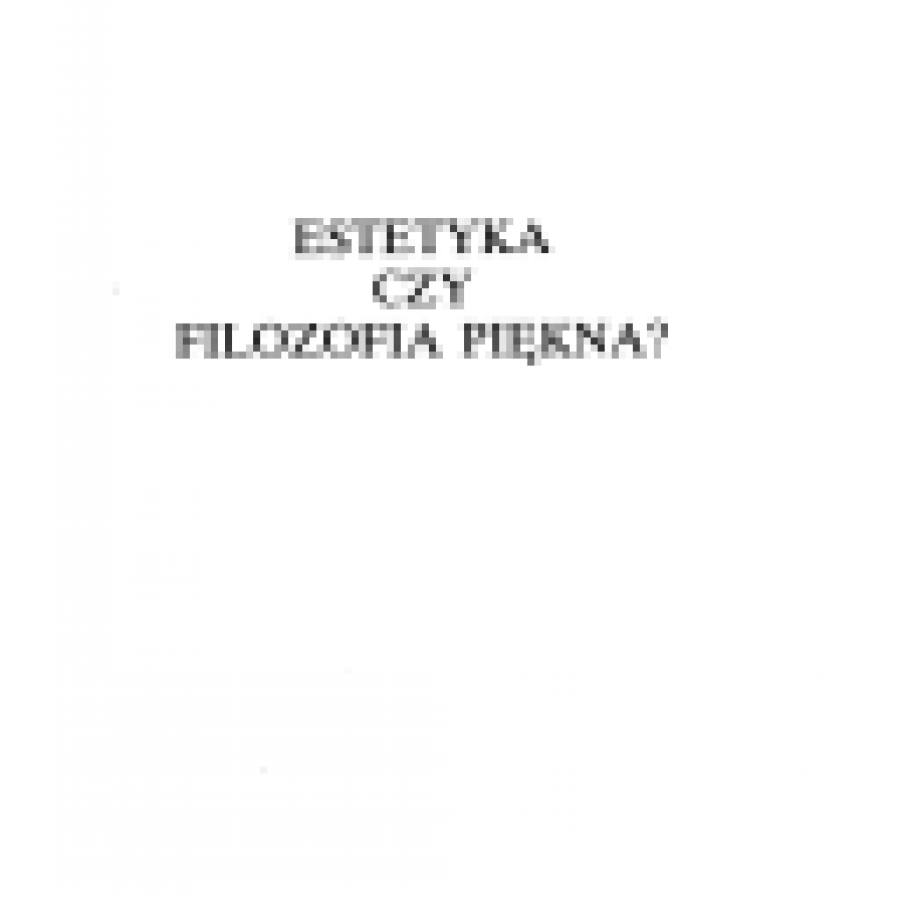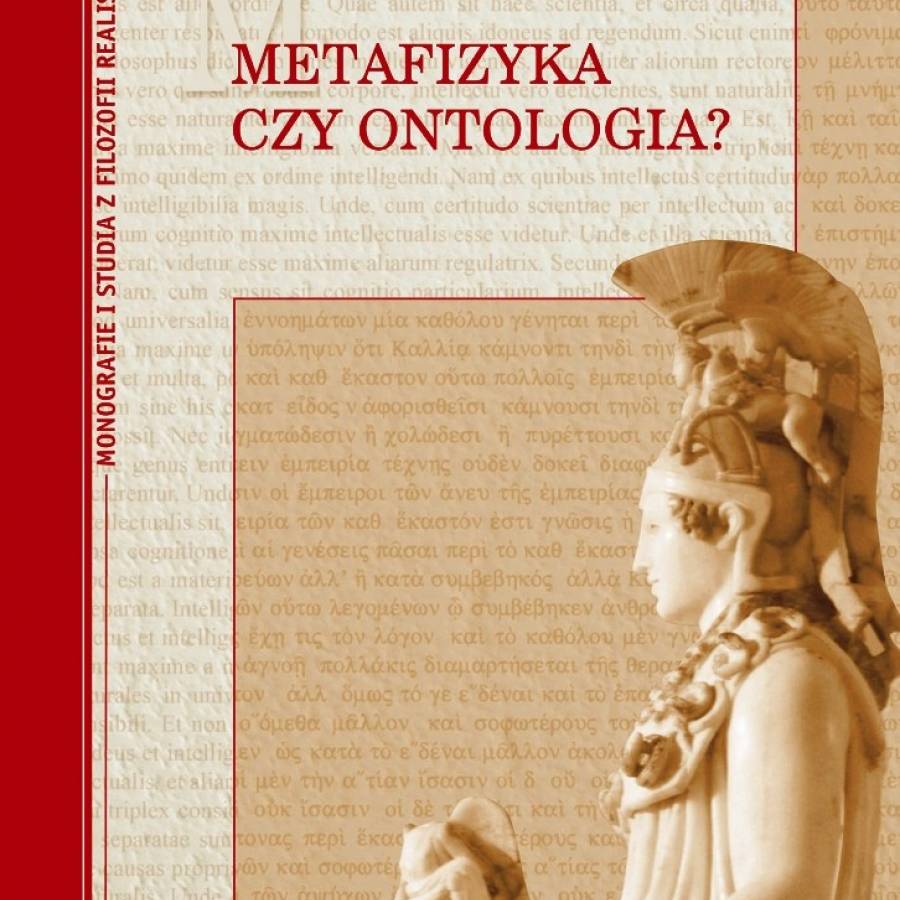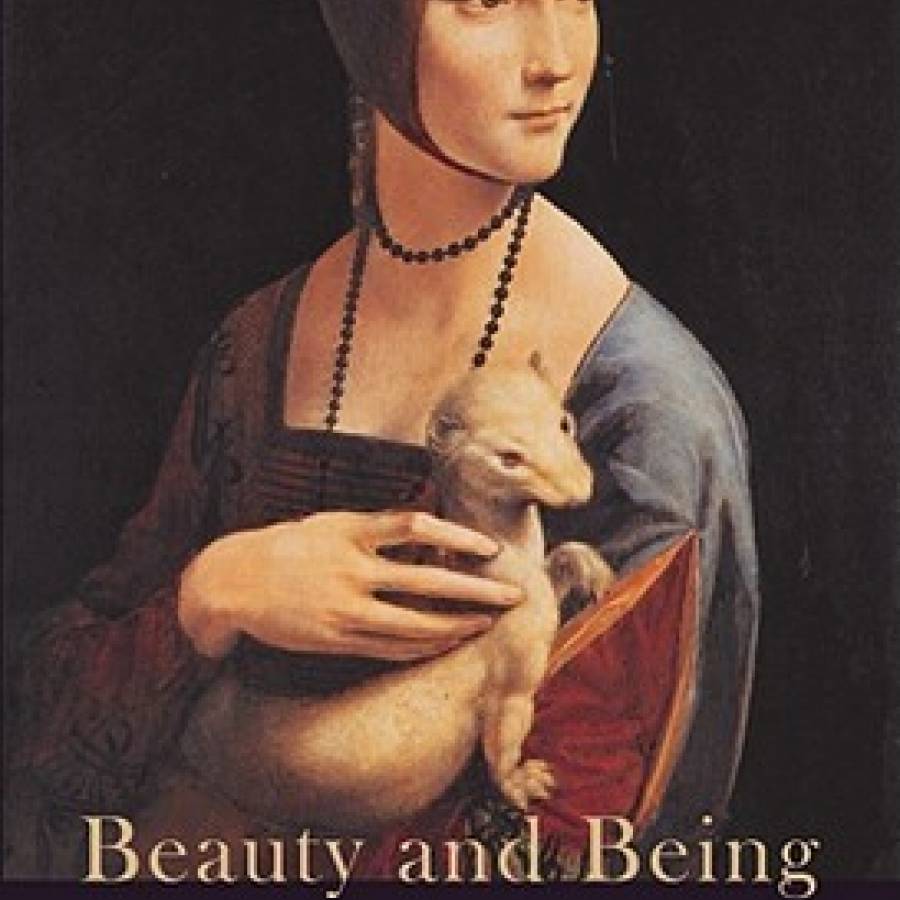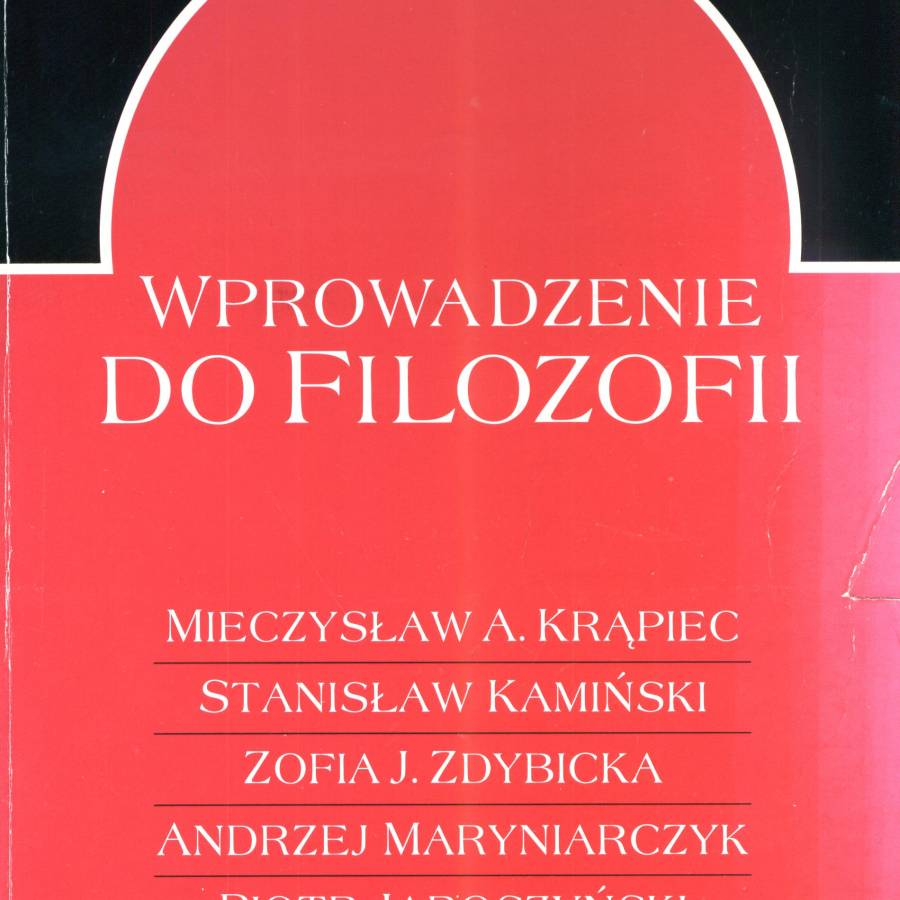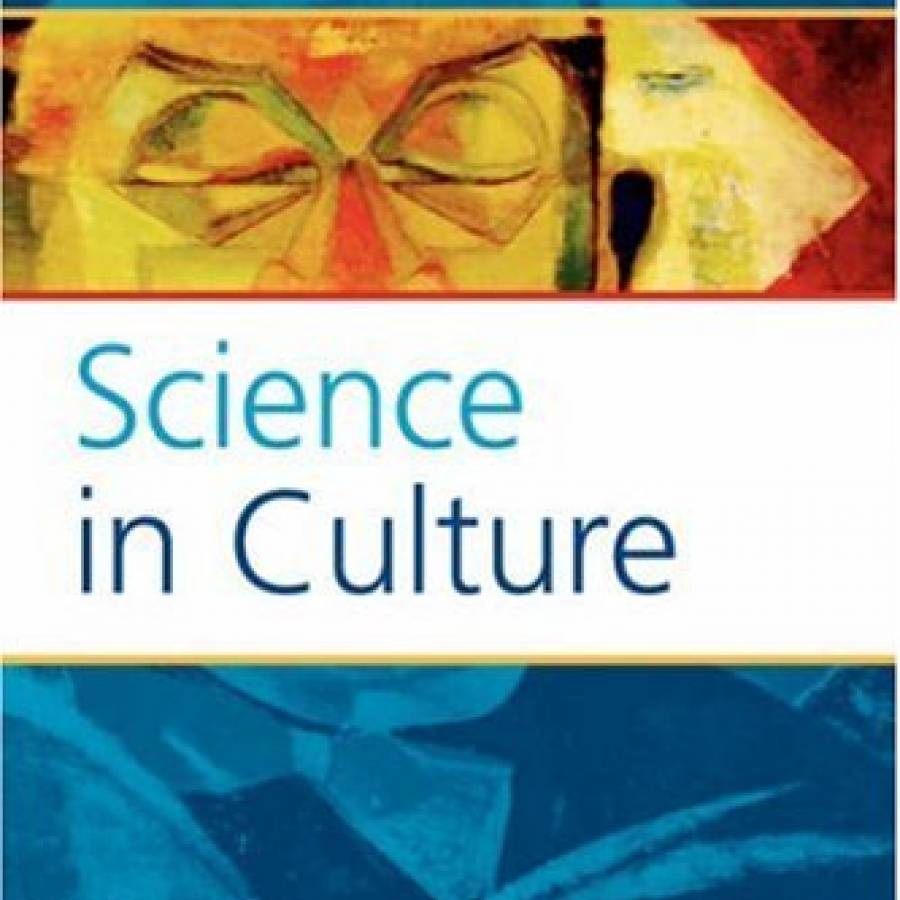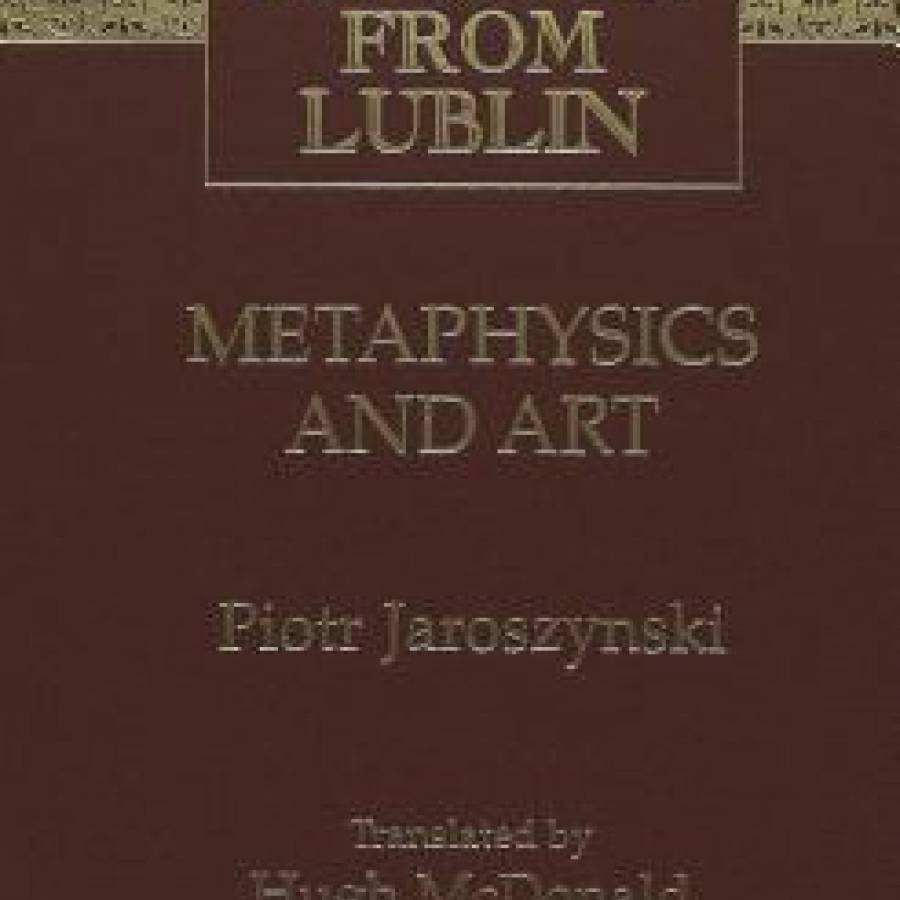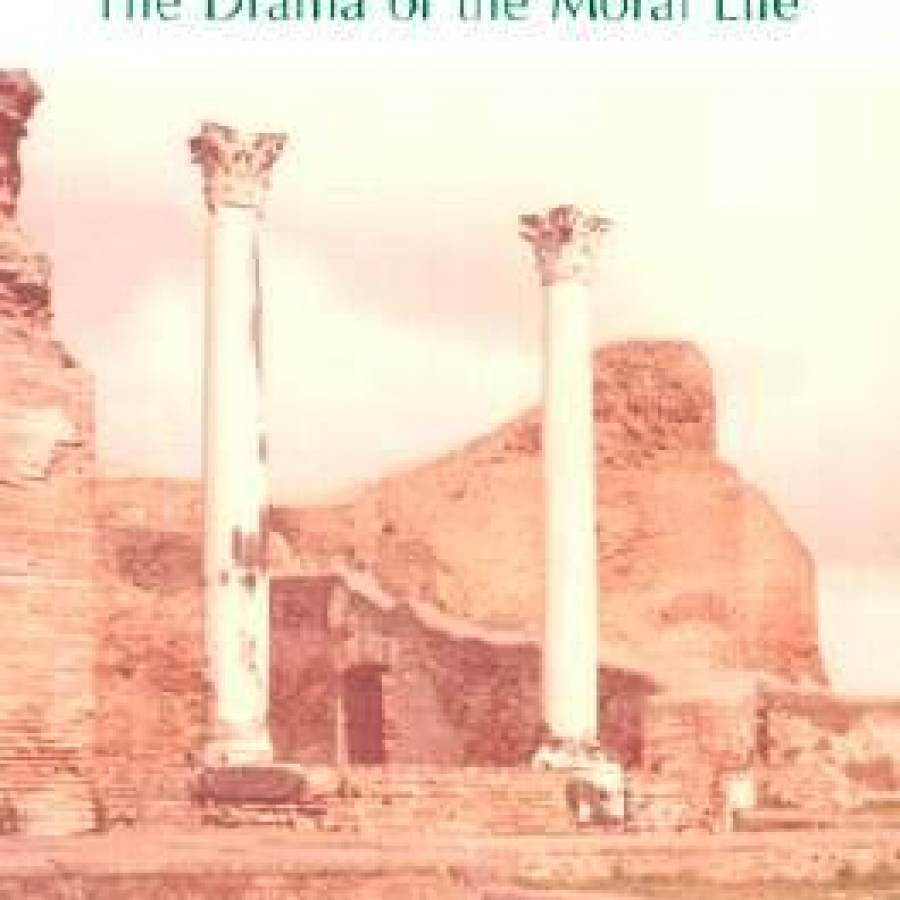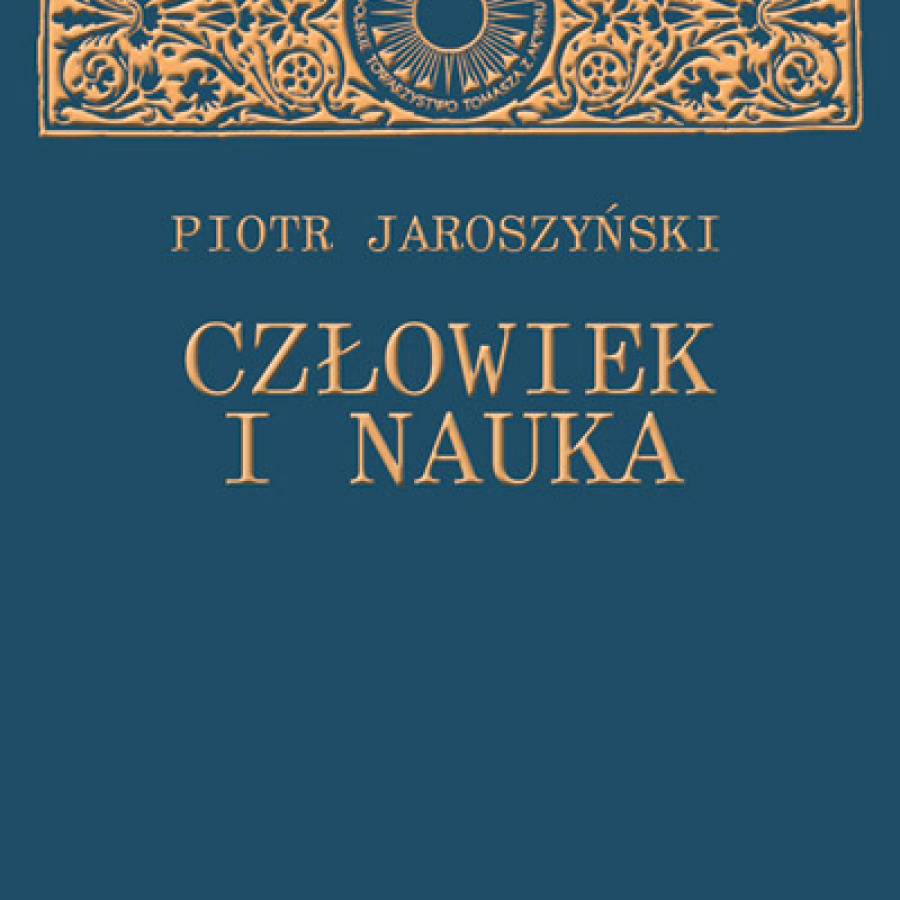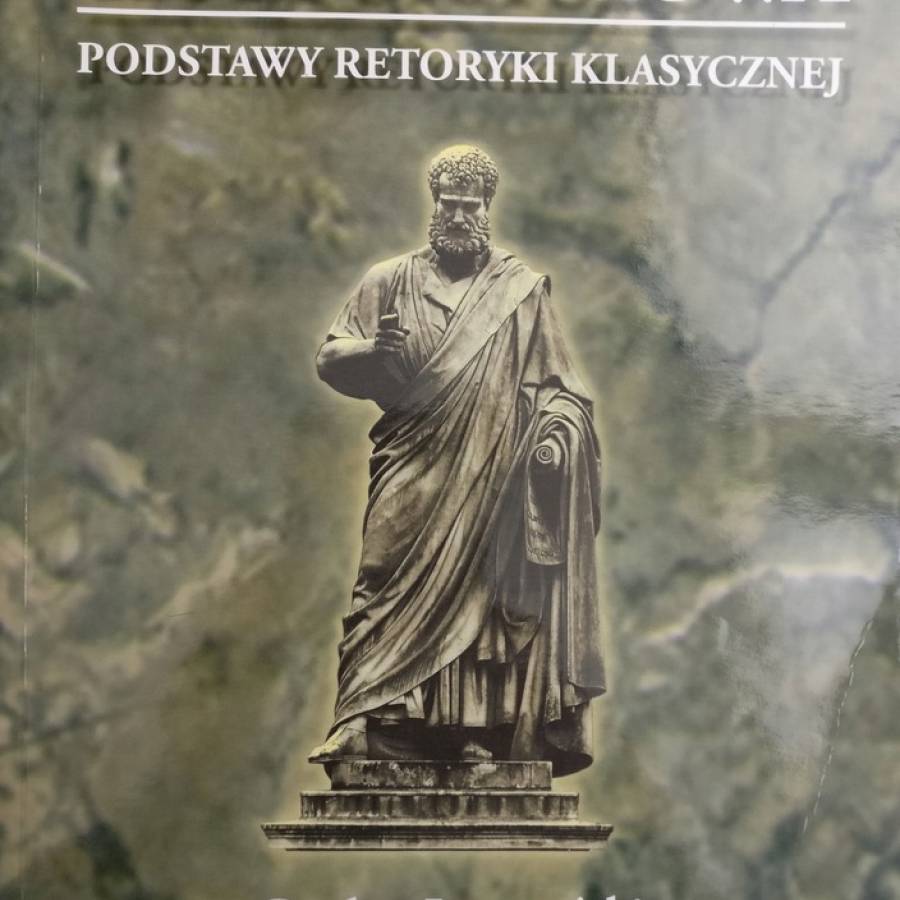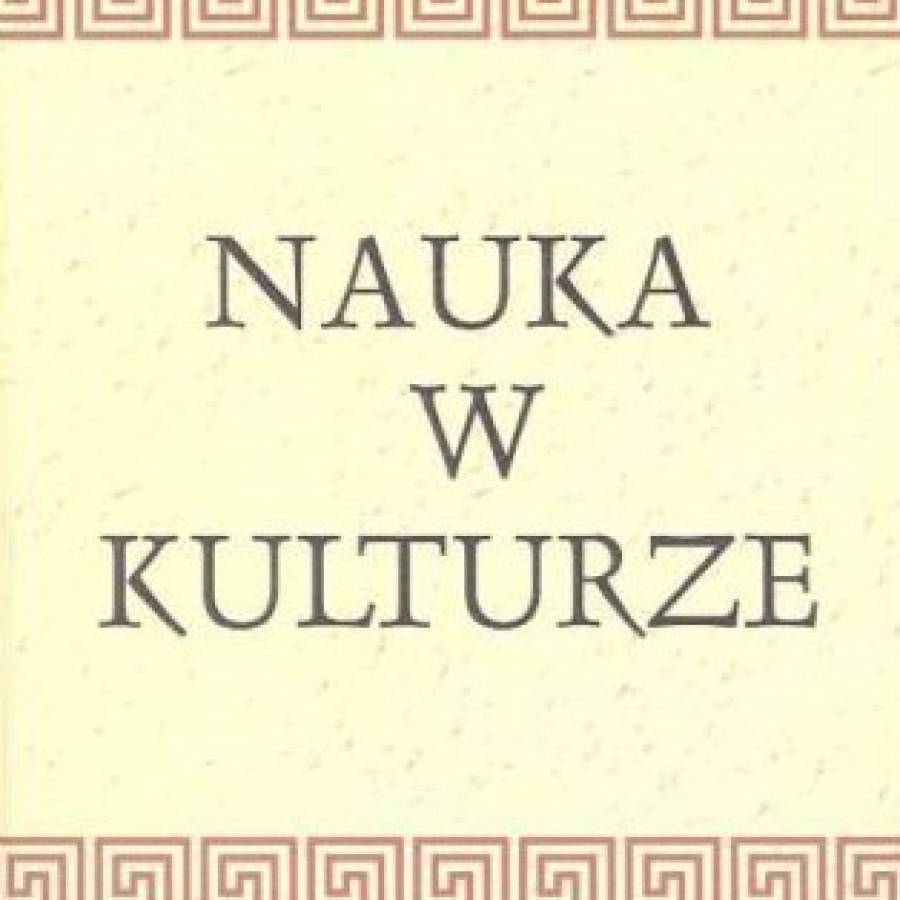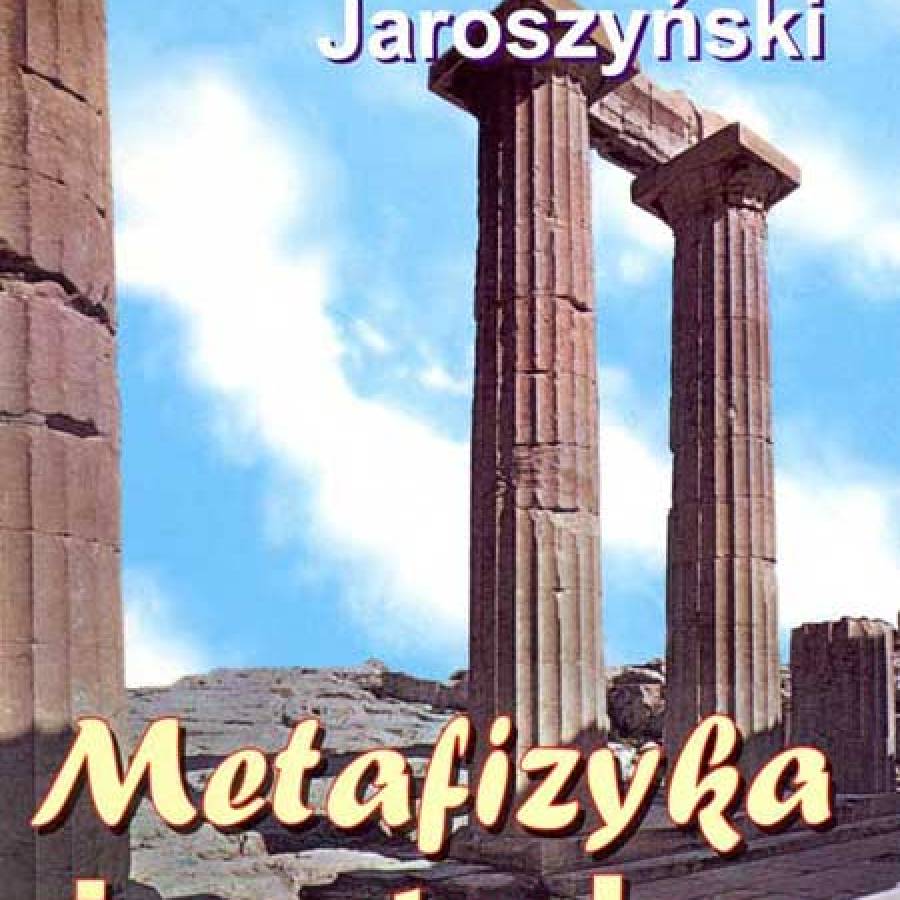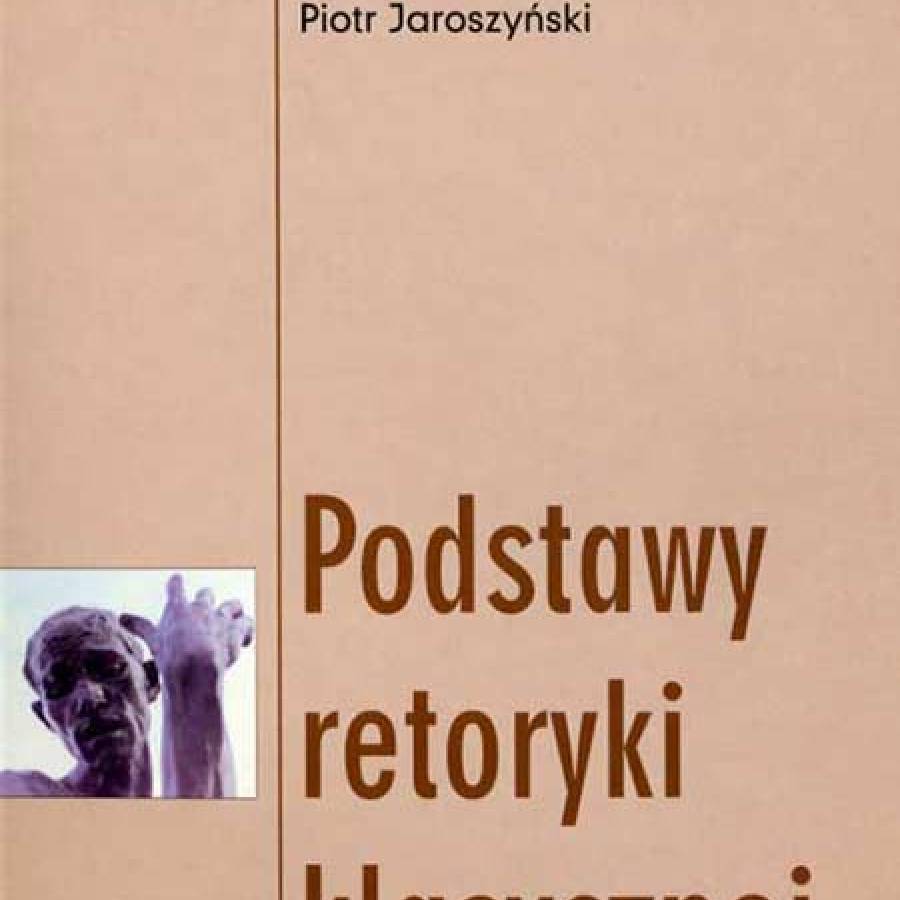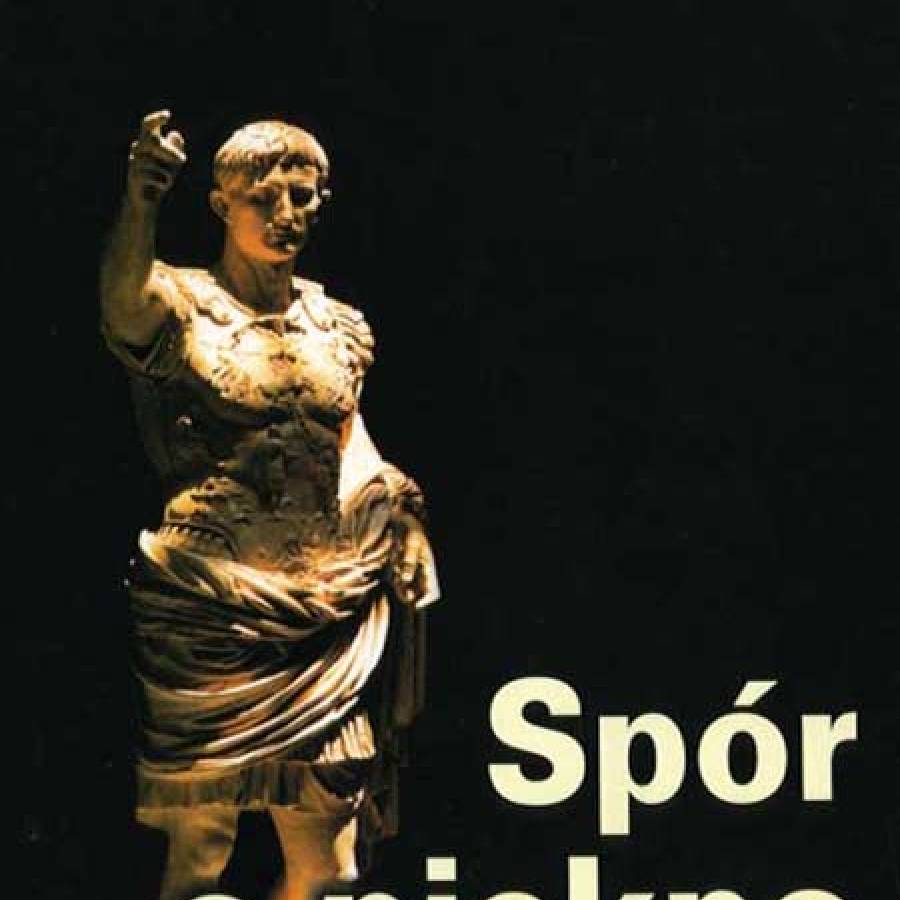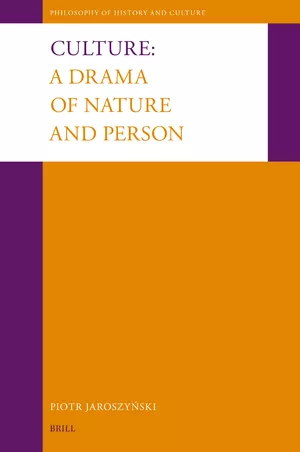 Culture: A Drama of Nature and Person
Culture: A Drama of Nature and Person
Series: Philosophy of History and Culture, Volume: 40
Author: Piotr Jaroszyński
Translator: Maciej B. Stępień
Copyright Year: 2024
This monograph represents a rare, classical-philosophical approach to culture. It is grounded in philosophical realism and emphasizes personalism as a true achievement of philosophical anthropology. Employing the apparatus of the history of philosophy, science, and religion, the author demonstrates the immense scope of the drama unfolding within human culture. In a classical approach, evaluation is inevitable—with regard to various theories of culture, human culture as such, and all its main actors. Jaroszyński’s work shows that realistic study of what it means to be a human person leads to the most comprehensive understanding of culture as it is and should be.
Culture: A Drama of Nature and Person
Table of Contents
Editor’s Preface
Introduction
PART 1: Culture in Science
1 Sciences Concerning Culture
1 Particular Sciences Concerning Culture
2 Philosophy of Culture
2 Culture: A History of the Term and Concept
1 From the Cultivation of the Soil to the Cultivation of the Soul
2 Culture and Cultus
3 From the Culture of the Mind to the Culture of Mankind
4 From National Culture to Mass Culture
5 Civilization and Culture
3 Selected Definitions of Culture
1 Social Dimension of Culture
2 Transmission of Culture
3 Culture and Values
4 Culture and Symbol
5 Culture and Meaning
6 Culture and Behavioral Models
7 Culture and Cultural Fields
8 Culture and Person
PART 2: Theories of Culture
4 From Mythology to Philosophy: Nature vs. Culture in Antiquity
1 Nature and Man
2 From Negation to Apotheosis of Nature (Empedocles and the Sophists)
3 Divine Origins of Culture (Plato)
3.1 Philosophical Variant
3.2 Mythological Variant
4 “With Reason and Téchne” (Aristotle)
5 The Soul Is God (Plotinus)
5 Between Philosophy and Theology: Christianity
1 In Search of Perfection
2 Natura Corrupta (Thomas Aquinas)
3 Towards Anti-Cosmism (Manichaeism and Gnosis)
4 Natura Totaliter Corrupta (Protestantism)
6 Between Philosophy and Ideology
1 Nature Worship: Nature Is Perfect
2 Apotheosis of Culture: Culture Produces Nature
2.1 Individualism (Sartre)
2.2 Further Perspectives of Positioning of the Concept of Culture
3 Recapitulation
PART 3: Foundations of Culture: Truth, Goodness, Beauty
Introduction to Part 3
7 Truth
8 Goodness
1 Finalism
2 Emanationism
3 Creationism
9 Beauty
PART 4: Cultural Fields
Introduction to Part 4
10 Science as a Cultural Field
1 Four Conceptions of Science
1.1 Science as Cognition by Causes
1.2 Science: From “How many?” to “How?”
1.3 Science: The Question of a Priori Conditions
1.4 Science: The Question “Why Not?”
2 Negation of Science: Postmodernism
11 Cultural Fields: Morality
1 Ethics: Goodness or Value?
2 Economy: For the Good of the Family
3 Economy: Family as the Subject
4 Relations within the Family
5 Public Life: Types of Political Systems
6 Dispute over the Common Good: Individualism, Collectivism, Personalism
7 Dispute over Democracy
12 Cultural Fields: Productive Action (Ποίησις)
1 Scope and Purposes of Productive Action
2 Tools and the Capacity for Rational Thinking
3 From Copying to Creating
13 Religion as a Cultural Field
1 What is Religion?
1.1 “Religion” and Related Words
1.2 Various Interpretations of the Word “Religion”
2 Religion: Constitutive Elements
3 Classical Definition of Religion
4 Reasons for Religiosity
5 Philosophy on Immortality
6 The End-Purpose of Religion
7 Against Religion
8 Religion and Culture
9 Existence of God: From Faith to Metaphysics
10 God and Sacrum
11 Religion and Holiness
12 Religion and Examples to Follow
13 Religion as a Virtue (from Cicero to St. Thomas)
14 Religion as the Focal Point of Culture
15 Religion and Other Cultural Fields
15.1 Science and Religion
15.2 Πρᾶξις and Religion
15.3 Ποίησις and Religion
16 Religion: Towards the Fulfillment of the Person
14 Culture: For the Person, but Person How Conceived?
1 The Person: From the Mask to Self
1.1 Theater
1.2 Privileges
1.3 In the Image of God
2 Selected Philosophical Conceptions of the Person
2.1 The Person Is Not a Part
2.2 The Person Is Not a Thing
2.3 The Person Is Not a Totality
2.4 The Person Is Not a Tool
2.5 The Person Has Its Dignity and Its End-Purpose
2.6 The Person Is a Self
2.7 The Person without Own Self?
2.8 The Self of a Rational Nature
15 In the Trap of Nihilism
1 Personalism Threatened
2 What Is Nihilism?
2.1 Etymology
2.2 Nothingness: From Metaphysics to Ontology
3 Philosophical Nihilism: From a Notion to a System
3.1 From Atheism to Nihilism
3.2 Nihilism and the Negation of Culture
3.3 Nihilism and Nietzsche
Epilogue: A Theology of Culture: Towards Divinization of Nature
Conclusion
Bibliography
Index
